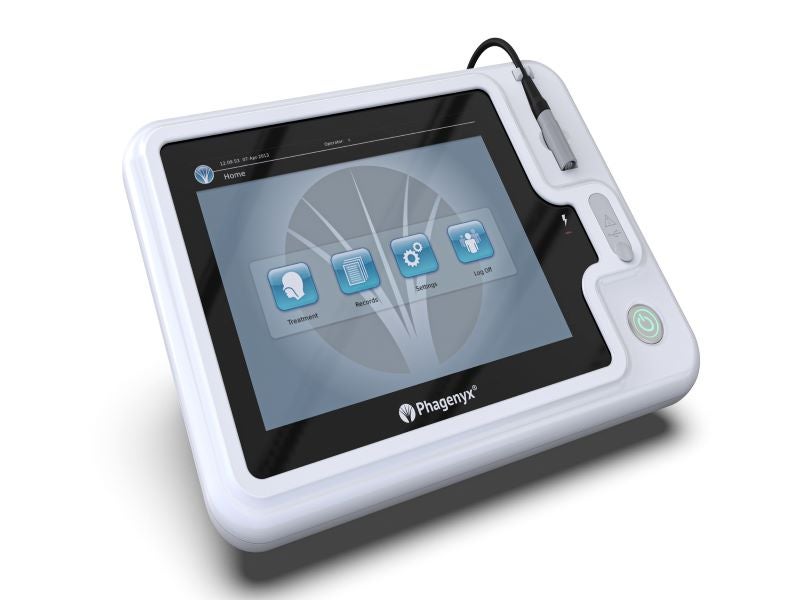
Healthtech company Phagenesis has received a de novo approval from the US Food and Drug Administration (FDA) for its Phagenyx neurostimulation system.
Phagenyx is claimed to be a first-of-its-kind therapy that uses pharyngeal electrical stimulation (PES) for the restoration of swallowing control in patients with severe post-stroke dysphagia.

Discover B2B Marketing That Performs
Combine business intelligence and editorial excellence to reach engaged professionals across 36 leading media platforms.
The company is currently involved in the preparation of a targeted launch of the new system in the US.
Using PES, the system treats neurogenic dysphagia by targeting the neurological components of swallowing coordination.
When delivered in the initial stages after injury, this therapy has shown better results for improving neurorehabilitation and restoring swallowing control.
Neurogenic dysphagia is caused by injury to the central nervous system (CNS) due to stroke or traumatic brain injury.

US Tariffs are shifting - will you react or anticipate?
Don’t let policy changes catch you off guard. Stay proactive with real-time data and expert analysis.
By GlobalDataIt also occurs when the peripheral nervous system is damaged due to prolonged mechanical ventilation or tracheostomy
Phagenesis CEO Reinhard Krickl said: “The Phagenyx System is a next-generation therapy for neurogenic dysphagia that has been shown to deliver significant benefits in swallowing safety and swallowing efficiency, which have the potential to translate into substantial health economic benefits due to accelerated patient recovery.
“We are pleased with FDA’s decision to grant our de novo request and are eager to bring this new technology to the millions of patients in the US who suffer from post-stroke dysphagia and are desperate for a better solution.”
The Phagenyx system, which is designated a breakthrough device by the FDA, is already commercialised in Europe.
It is supported by multiple randomised controlled clinical trials and larger-scale real-world registries.





